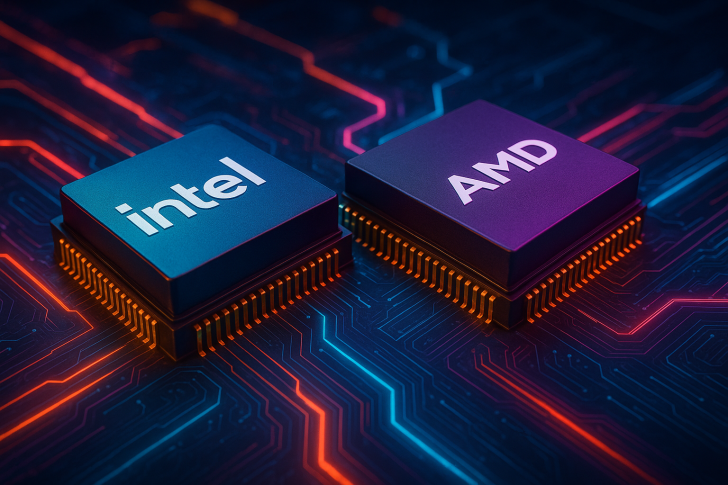● Intel and AMD recently raised prices on some of their desktop chips as the AI boom reshapes demand patterns. According to reports from Wall Street Günlükleri via Wccftech and ChannelGate, Intel's Raptor Lake processors jumped about 10% in November 2025, while AMD's Ryzen 5000 chips saw $5-$20 increases at major retailers.
● The price hikes stem from tighter supplies and shifting market dynamics. With AI PCs selling slower than expected, both companies are leaning harder on older-generation chips that still move steadily. But there's a catch—higher prices might push buyers toward used parts or delay upgrades altogether, squeezing mid-tier PC builders.
● Industry watchers say this move could add tens of millions to quarterly revenues for both companies, offsetting sluggish sales of newer AI-focused chips like Intel's Core Ultra 200 and AMD's Ryzen 9000. As one analyst noted, "lower-than-expected AI PC demand has redirected focus toward legacy chips with stronger channel momentum." Some experts argue they should've held prices steady to grab market share while waiting for AI adoption to pick up through 2026.
● The situation reveals how AI is reshaping chip economics in unexpected ways. While next-gen processors like Intel's Lunar Lake target AI workloads, their slow uptake has actually boosted demand for established models like Raptor Lake.
Lunar Lake's slower sales redirected focus to previous-generation processors, intensifying supply pressure and pushing prices higher. According to WallStreet Günlükleri
● It's a transition moment—AI components are straining supply chains and forcing pricing changes, giving older chips a surprising second life in the market.
 Usman Salis
Usman Salis

 Usman Salis
Usman Salis


